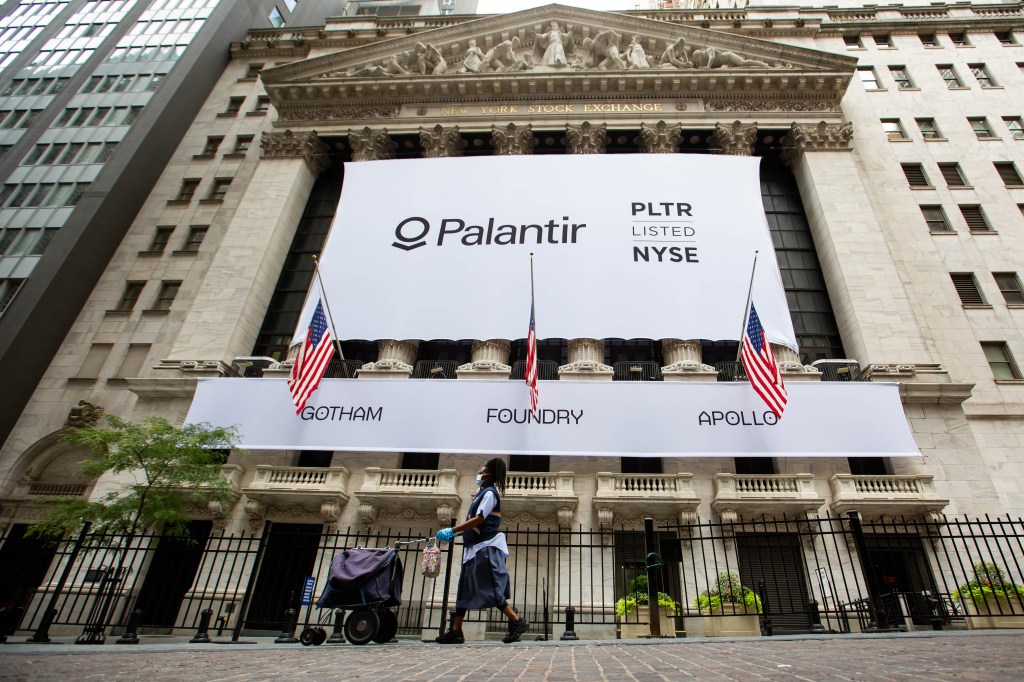In the traditional Silicon Valley narrative, startups are expected to follow a well-trodden path: conceive an innovative idea, secure venture capital (VC) funding, scale operations rapidly, and continue this cycle until achieving a lucrative exit through acquisition or an initial public offering (IPO). However, this model is increasingly being questioned by entrepreneurs who prioritize sustainable growth over aggressive expansion.
The Conventional VC Model: A Double-Edged Sword
Venture capital has long been the lifeblood of the startup ecosystem, providing the necessary funds for companies to scale quickly and capture market share. This approach often involves multiple funding rounds, each aimed at accelerating growth and increasing valuation. While this can lead to impressive short-term gains, it also comes with significant risks.
One of the primary concerns is the pressure to meet the high expectations set by investors. Startups are often compelled to prioritize rapid growth over profitability, leading to unsustainable business practices. Additionally, each funding round dilutes the founders’ ownership stake, potentially diminishing their control over the company’s direction.
A Paradigm Shift: Prioritizing Profitability and Control
Some entrepreneurs are challenging the traditional VC model by focusing on achieving profitability before seeking external funding. This approach emphasizes building a solid business foundation, ensuring that the company can sustain itself without relying heavily on investor capital.
By delaying or limiting external funding, founders can maintain greater control over their company’s vision and operations. This strategy also reduces the pressure to deliver rapid returns to investors, allowing for more thoughtful and sustainable growth.
Case Study: SecurityPal AI’s Journey to Sustainable Growth
Pukar Hamal, founder and CEO of SecurityPal AI, provides a compelling example of this alternative approach. After experiencing the pitfalls of early-stage funding in his previous venture, Hamal decided to take a different route with SecurityPal.
Established in March 2020, SecurityPal AI specializes in expediting enterprise security due diligence processes. The company achieved $1 million in annual recurring revenue (ARR) within its first year, demonstrating a viable business model before seeking external funding.
In 2021, SecurityPal raised a $21 million Series A round led by Craft Ventures, with participation from Andreessen Horowitz and Okta co-founder Frederic Kerrest. This funding was strategically timed to fuel further growth without compromising the company’s financial health.
However, the economic downturn in 2022 posed significant challenges. Rising interest rates led to a contraction in the venture capital market, making additional funding scarce. Facing a dwindling runway, Hamal made the difficult decision to reduce expenses, including implementing layoffs. This experience reinforced his commitment to steering the company toward cash flow positivity and sustainable growth.
The Broader Implications for Startups
SecurityPal’s experience underscores a critical lesson for startups: while venture capital can be a powerful tool for growth, it is not a one-size-fits-all solution. Entrepreneurs should carefully consider their funding strategies, balancing the benefits of external capital against the potential drawbacks of dilution and loss of control.
By focusing on building a profitable and self-sustaining business, startups can position themselves for long-term success, even in challenging economic climates. This approach not only preserves the founders’ vision but also creates a more resilient company capable of weathering market fluctuations.
Conclusion
The traditional venture capital model, characterized by multiple funding rounds and rapid scaling, is not the only path to startup success. Entrepreneurs like Pukar Hamal are demonstrating that prioritizing profitability and sustainable growth can lead to more resilient and successful businesses. By carefully evaluating their funding strategies and focusing on building solid business foundations, startups can achieve long-term success without becoming overly reliant on external capital.



